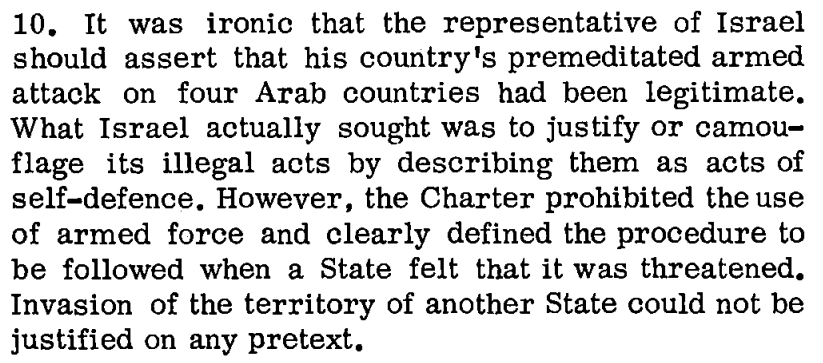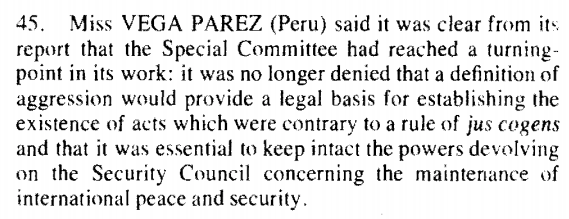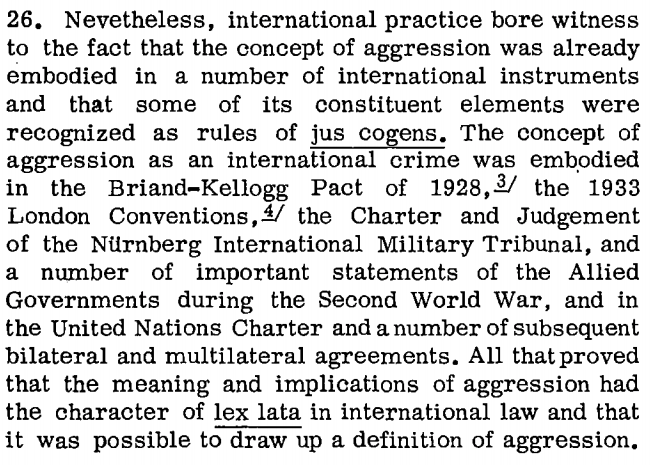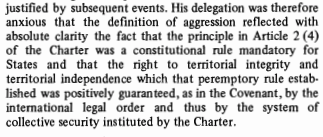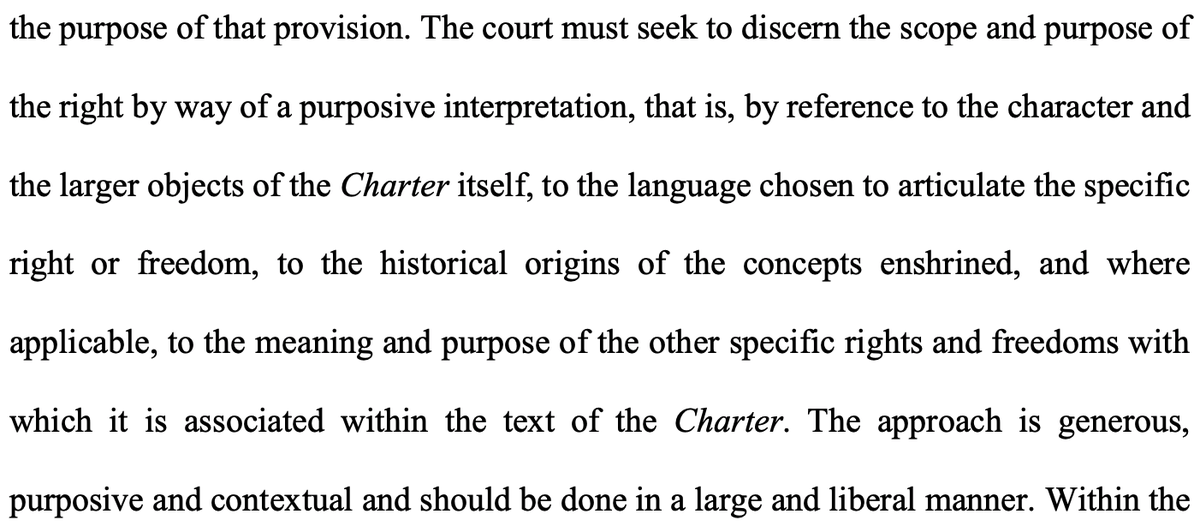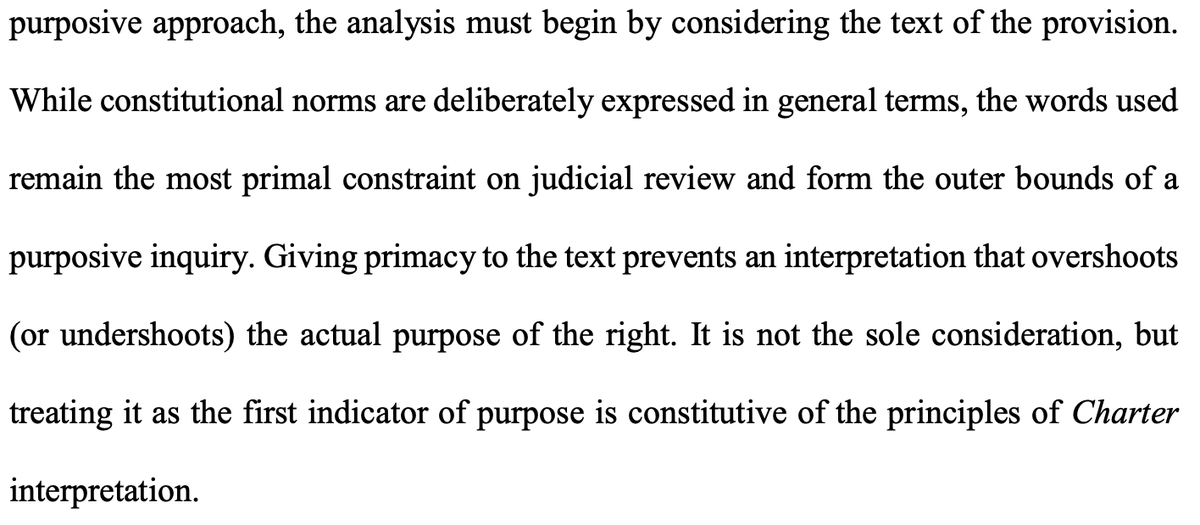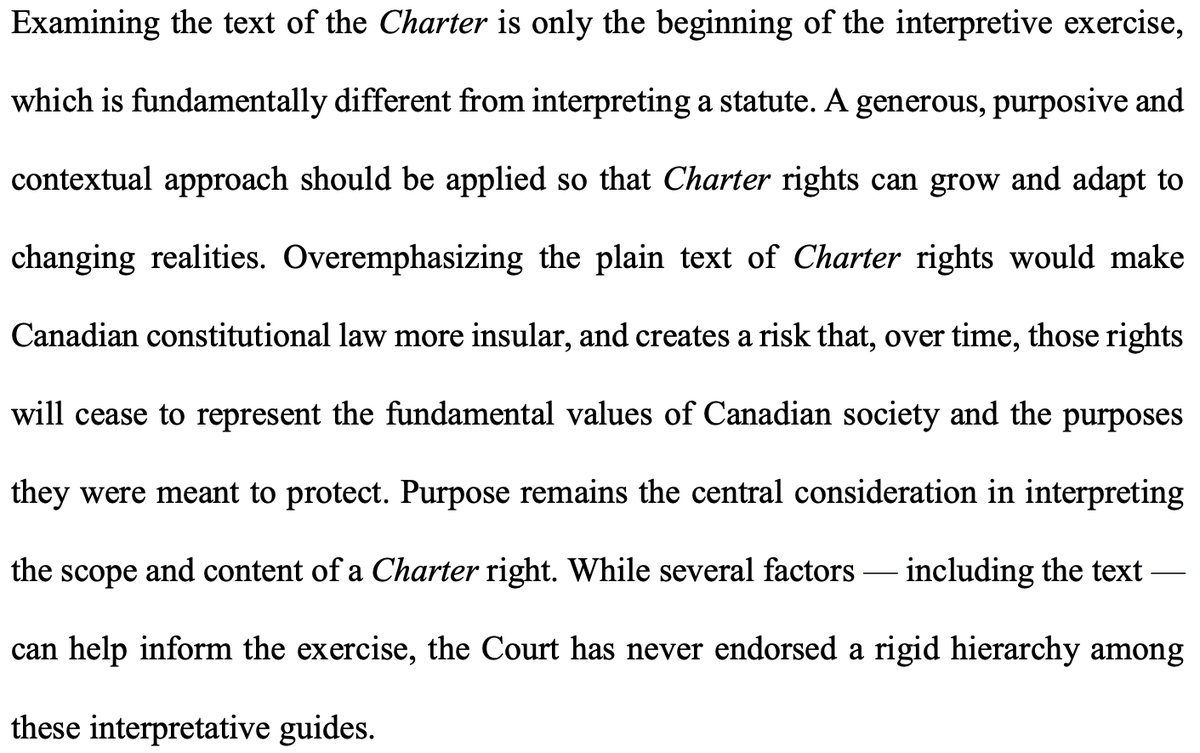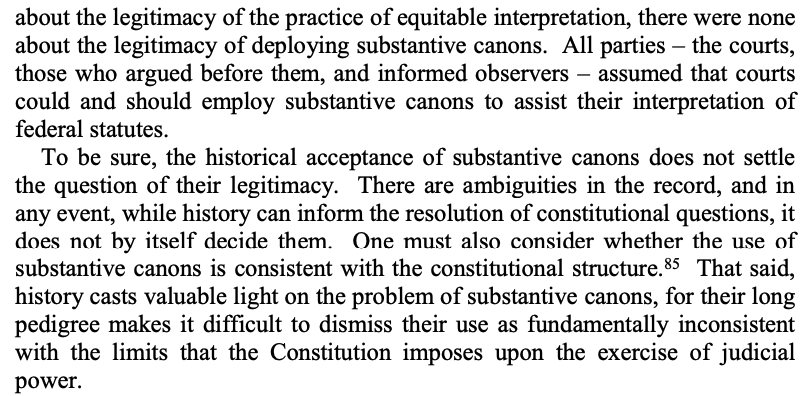
1. This THREAD has everything.
Jus cogens.
Hans Kelsen.
The Israel-Egypt conflict.
The right of self-defense and Article 51 of the United Nations Charter.
Buckle. Up. 🧵
Jus cogens.
Hans Kelsen.
The Israel-Egypt conflict.
The right of self-defense and Article 51 of the United Nations Charter.
Buckle. Up. 🧵
2. On August 1, 1951, the UN Security Council met to discuss "Restrictions imposed by Egypt on the passage of ships through the Suez Canal" bound for Israel. 

3. Mahmoud Fawzi, Egypt's UN representative, claimed that a state of war still existed between Egypt and Israel, despite their 1949 General Armistice Agreement, and that Egypt retained its belligerent right to visit and search neutral vessels for war materials. 

4. Fawzi grounded this right in "the right of self-preservation and self-defence, which ... transcends all other rights," and even hinted that Article 51 of the UN Charter may not limit the right of self-defense. 


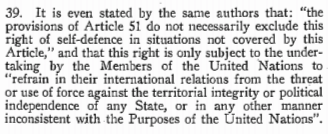
5. And then ...
... it happened.
Fawzi quoted Hans Kelsen ...
... suggesting that the right of self-defense was ...
jus cogens.
A peremptory norm of general international law that "cannot be affected by any treaty," not even the Charter.
... it happened.
Fawzi quoted Hans Kelsen ...
... suggesting that the right of self-defense was ...
jus cogens.
A peremptory norm of general international law that "cannot be affected by any treaty," not even the Charter.

6. THIS WAS THE FIRST MENTION OF JUS COGENS IN THE SECURITY COUNCIL EVER.***
*99% sure about this.
**Today, self-defense is not widely considered jus cogens.
*99% sure about this.
**Today, self-defense is not widely considered jus cogens.
7. Sir Gladwyn Jebb, the U.K. representative, replied that Article 51 acknowledges a right to defend against "unprovoked aggression."
But Egypt was not "even" under any imminent threat of attack from Israel.
So Egypt could not exercise belligerent rights over neutral shipping.

But Egypt was not "even" under any imminent threat of attack from Israel.
So Egypt could not exercise belligerent rights over neutral shipping.

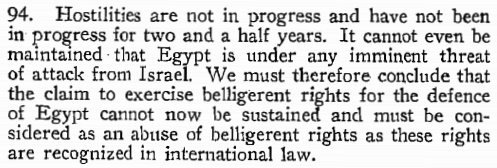
(Sidenote: Gladwyn Jebb was Acting UN Secretary-General from October 1945 to February 1946, until the appointment of the first Secretary-General, Trygve Lie).
8. Exactly one month later, Security Council Resolution 95 adopted the U.K. position and called upon Egypt to end its restrictions. 



9. The following year, Fawzi was appointed Ambassador ... to the United Kingdom.
He later became Foreign Minister under Nasser, then Prime Minister and Vice President under Sadat.
He later became Foreign Minister under Nasser, then Prime Minister and Vice President under Sadat.
10. In 1952, Hans Kelsen published Principles of International Law.
He did not mention Fawzi's speech.
He did not mention Fawzi's speech.

11. Kelsen wrote that the Charter "must stipulate" the right of self-defense, and "restricts" the right to cases of armed attack, before the Security Council intervenes.
That doesn't sound like a rule that "cannot be affected by any treaty."

That doesn't sound like a rule that "cannot be affected by any treaty."

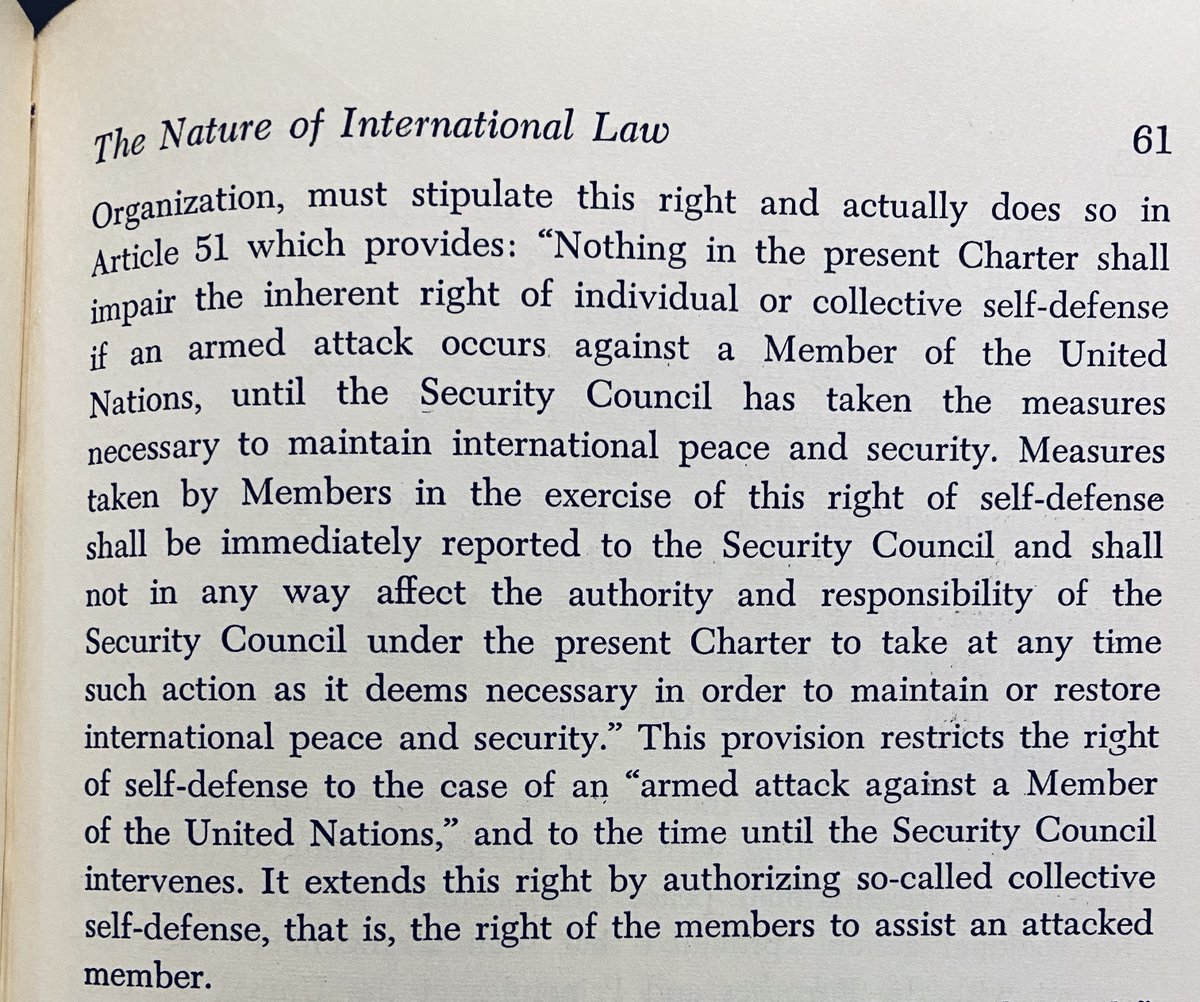
12. Later, Kelsen wrote that "it can hardly be denied" that States *may* renounce the right to protect their own citizens. But this may be a typo. 

13. Now look at the footnote.
Hans Kelsen, legendary positivist, cites Vattel for the claim that States cannot contract out of the "necessary law of nations" ... which is an application of *natural law*. What?
Hans Kelsen, legendary positivist, cites Vattel for the claim that States cannot contract out of the "necessary law of nations" ... which is an application of *natural law*. What?
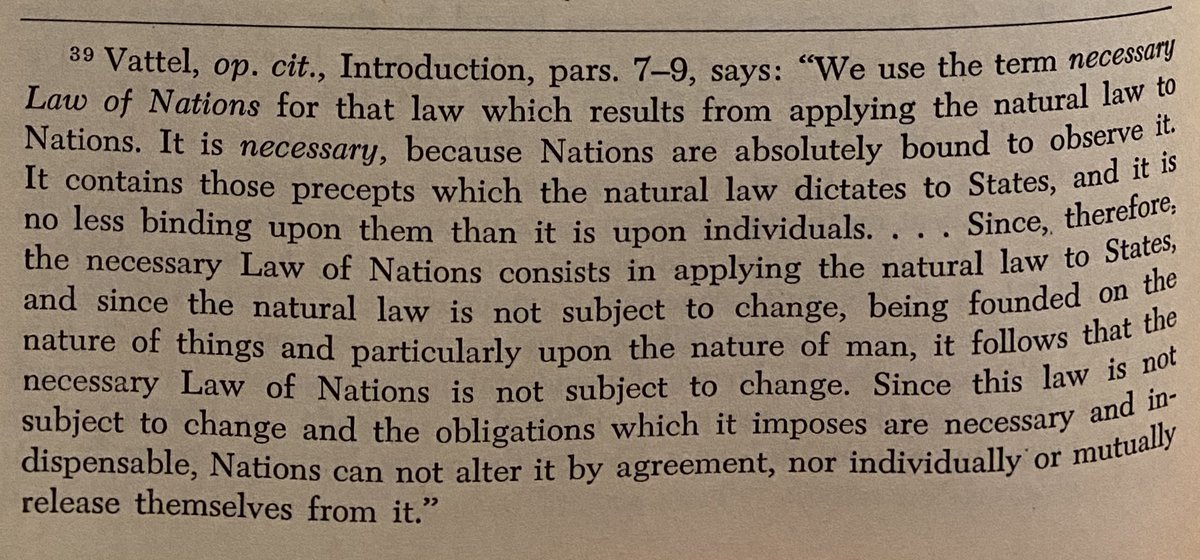
14. By the way, Kelsen also wrote that the UN Charter may have "repealed" the law of neutrality among its members, and that the Charter may constitute general international law even though it's not universally ratified. 

15. As for Egypt, it insisted throughout the drafting of the Definition of Aggression that there is no right of self-defense outside of Article 51. (1968, 1972) 



(For more on the Definition of Aggression, see justsecurity.org/73858/the-defi…)
16. So either self-defense was never jus cogens, or it was and article 51 codified it, or it was but the Charter modified it ... because the Charter is jus cogens.
And the Charter can only be jus cogens if it's general international law ... just as Hans Kelsen suggested. #Legend
And the Charter can only be jus cogens if it's general international law ... just as Hans Kelsen suggested. #Legend

18. Anyway, this has been your sip of jus cogens for the day.
Stay safe. Be kind.
Stay safe. Be kind.
• • •
Missing some Tweet in this thread? You can try to
force a refresh


